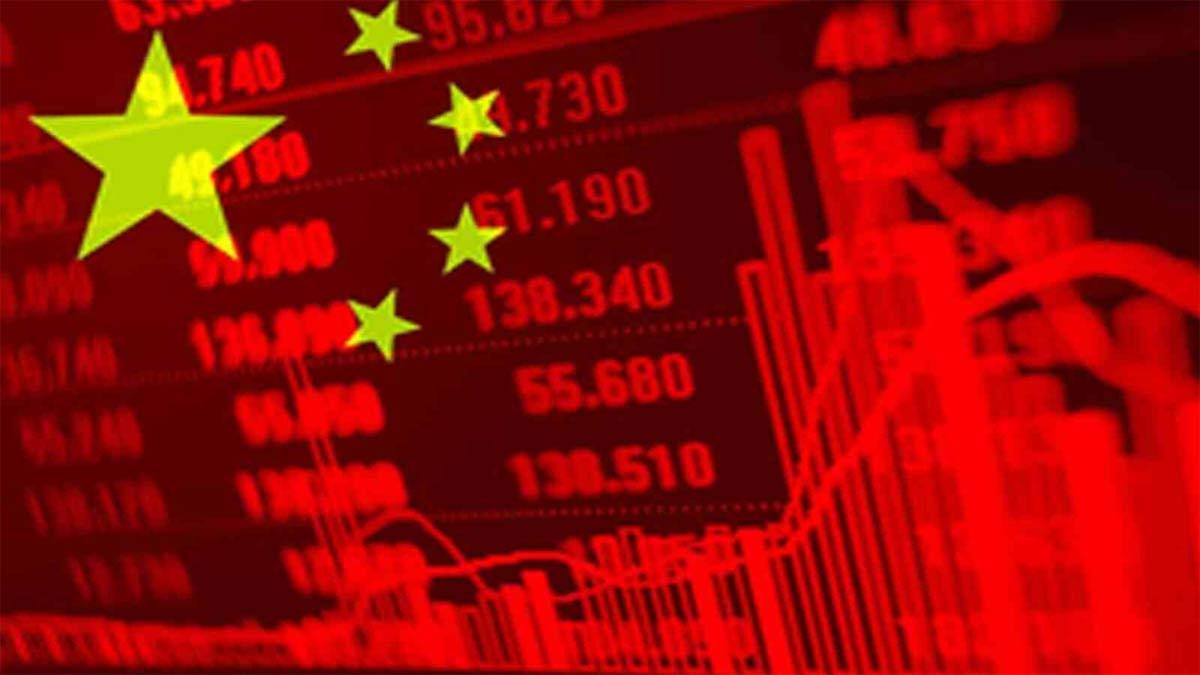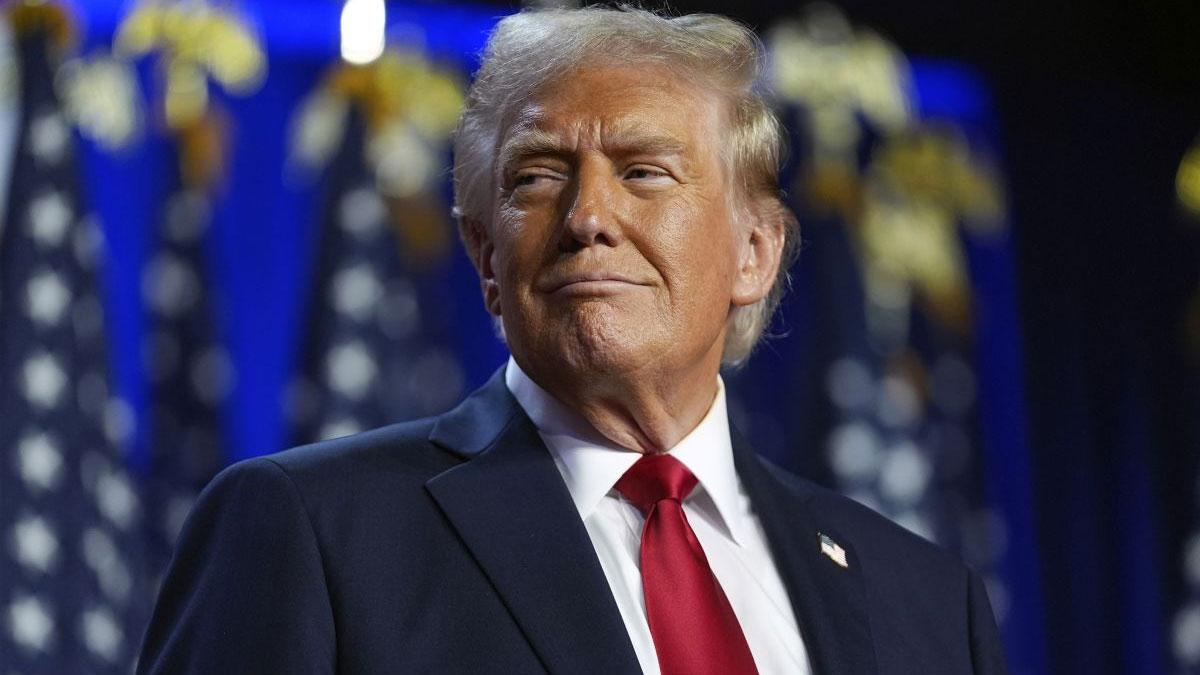Over the past three years, Chinese and Hong Kong stocks have collectively lost about $6 trillion, roughly equivalent to twice the annual economic output of the United Kingdom. The Hang Seng index has experienced a 10% decline in the current year alone, while the Shanghai Composite and Shenzhen Component indexes are down by 7% and 10%, respectively. These substantial losses, reminiscent of the Chinese stock market crash of 2015-2016, underscore a crisis of confidence among investors regarding the country's future.
Investors have been grappling with concerns related to China's real estate downturn, deflation, high levels of debt, a declining birth rate, a shrinking workforce, and a shift toward ideology-driven policies that have unsettled the private sector and discouraged foreign firms. According to Goldman Sachs analysts, China is currently trading at suppressed valuations with decade-low allocations across investment fund mandates.
The challenges faced by the world's second-largest economy have contributed to the ongoing stock market meltdown, making Chinese markets the worst performers globally in the current year. This trend occurs against the backdrop of a global stock market rally, led by Wall Street's record-setting run, and Japan's performance in Asia.
(With Agency Inputs)
Read also| Broader Market Downturn Led by Real Estate and PSU Stocks
Read also| Real Estate Shares Reach Near 15-Year High Multiples


















